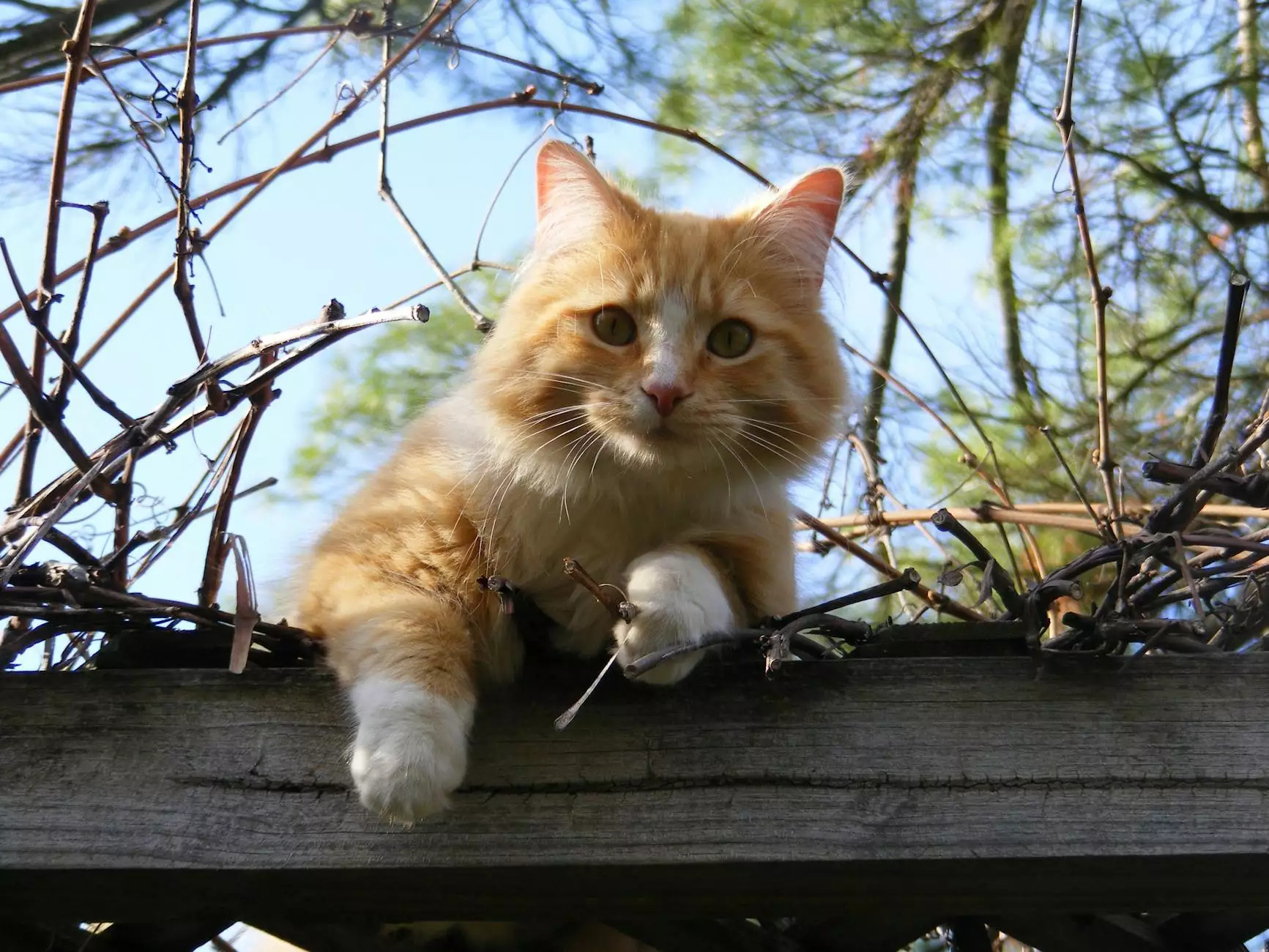The Magnificent World of Cornish Rex Cats

The Cornish Rex is not just any ordinary feline; it is a breed that captures the hearts of many with its unique appearance and delightful personality. Characterized by its curly coat, large ears, and slender body, the Cornish Rex is a breed that stands out from the rest. In this comprehensive article, we will delve into the characteristics, history, care, and why these cats make perfect companions for pet lovers.
Understanding the Cornish Rex: A Brief History
The origins of the Cornish Rex can be traced back to the 1950s in Cornwall, England. This breed emerged unexpectedly when a stray cat gave birth to a litter that included a curly-haired kitten. This kitten, aptly named Kinky, marked the beginning of the Cornish Rex lineage. The curly coat is the result of a natural mutation that has been carefully bred since then.
By the 1960s, the Cornish Rex had gained considerable popularity in cat shows and among pet owners alike. Over the years, breeders focused on enhancing the unique physical traits and affectionate demeanor of this breed.
Distinctive Features of Cornish Rex Cats
When you first encounter a Cornish Rex cat, several characteristics make it stand out:
- Curly Coat: The most notable feature of the Cornish Rex is its short, curly fur. The texture is soft and velvety, requiring less grooming than many long-haired breeds.
- Large Ears: Their oversized ears not only contribute to their adorable appearance but also enhance their hearing capabilities.
- Slender Build: Cornish Rex cats are known for their athletic and slender bodies. They have long legs and a narrow head, giving them a graceful and elegant look.
- Expressive Eyes: The breed typically has large, expressive eyes that come in various shades, often complementing their unique coats.
The Cornish Rex Personality: A Joyful Companion
Beyond their stunning looks, the Cornish Rex is celebrated for its delightful personality. These cats are known to be:
- Playful: Cornish Rex cats are very playful and enjoy interactive toys, chasing after feather wands, and engaging with their human companions.
- Affectionate: This breed craves attention and is known to form strong bonds with their owners. They are often referred to as “people cats” because they love companionship.
- Intelligent: Smart and curious, Cornish Rex cats can be trained easily. They enjoy learning tricks and can even be taught to walk on a leash!
- Social: Unlike some breeds that tend to be aloof, the Cornish Rex tends to get along well with other pets and even children, making them a great addition to any family.
Caring for Your Cornish Rex Cat
Caring for a Cornish Rex requires attention to their specific needs. Below are some essential care tips:
Diet and Nutrition
Providing a balanced diet is crucial for the health of your Cornish Rex. Opt for high-quality commercial cat food that meets their nutritional requirements. Fresh water should always be available.
Grooming
One of the advantages of owning a Cornish Rex is their low grooming needs. Their curly coat helps minimize shedding, but regular brushing helps remove dead hair and keep their skin healthy. Additionally, don't forget to check their ears and trim their nails regularly.
Health Considerations
Like all breeds, Cornish Rex cats are prone to certain health conditions, though they are generally healthy. Common concerns include:
- Hypertrophic Cardiomyopathy: A common heart condition in cats.
- Skin Sensitivity: Due to their short coat, they may be more susceptible to sunburn, so ensure they have shaded areas.
- Obesity: Monitor their diet and exercise to prevent obesity, which can lead to various health issues.
Why Choose a Cornish Rex?
If you are considering adding a pet to your family, here's why a Cornish Rex should be on your list:
- Low Maintenance: With their short, curly fur, they require less grooming time compared to long-haired breeds.
- Unique Appearance: Their distinct looks set them apart from other cats, making them a topic of conversation.
- Companionship: They thrive on human interaction and are known to be affectionate, ensuring you're never alone.
- Great with Families: Their sociable nature makes them wonderful companions for families, including those with children and other pets.
How to Find Your Cornish Rex
Finding a reputable breeder or rescue organization is essential when looking for a Cornish Rex. It's crucial to ensure that you are adopting from a source that prioritizes the health and well-being of their cats. For those in search of a Cornish Rex, consider visiting idealcornishkittens.com to explore available kittens and learn more about the breed.
Training Your Cornish Rex
Training is an integral part of integrating a Cornish Rex into your home. Here are some tips to get you started:
Basic Commands
Start with basic commands such as “sit” and “come.” Use positive reinforcement techniques like treats and praises to encourage good behavior.
Litter Box Training
Most Cornish Rex cats instinctively use a litter box. Ensure it is clean and placed in a quiet location. If they have trouble adjusting, try different types of litter.
Socialization
Early socialization is vital. Expose your Cornish Rex to various environments, people, and other pets to help them adapt and grow into well-adjusted adults.
Conclusion: The Charm of the Cornish Rex
The Cornish Rex is more than just a cat; it is a loving companion that brings joy and happiness into any home. With their playful nature and unique characteristics, they are truly one-of-a-kind pets. If you’re searching for a furry friend, consider bringing a Cornish Rex into your life!
For more information about adopting a Cornish Rex and ensuring a happy, healthy life for your new feline friend, visit idealcornishkittens.com, where you can find resources and support to guide you in your journey as a pet owner.
cats cornish rex








